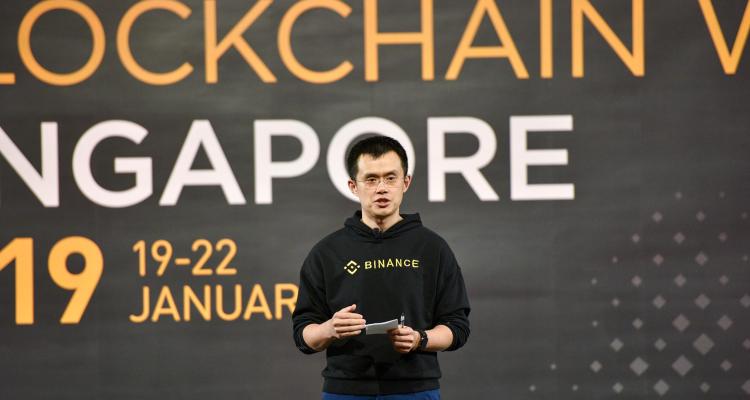Binance begins to restrict US users ahead of regulatory-compliant exchange launch

The world’s largest crypto exchange is going legit. Binance, which processes more than $1 billion on a daily basis and for so long has embodied crypto’s Wild West culture, announced that it will launch a U.S.-based service — but, in the meantime, it is implementing restrictions for U.S. passport holders worldwide and those based in the country.
The company has grown to become one of the biggest names in crypto by allowing anyone to use its service to trade myriad tokens, many of which are unavailable or limited on other exchanges. But over the past year, Binance has matured and begun to offer more formalized services. Following fiat currency exchange launches in the U.K., Uganda and Singapore, Binance is opening a dedicated U.S. exchange to avoid uncertainty around its legality.
This week, Binance announced it is pairing up with BAM Trading Services — which Coindesk notes is FinCEN-registered and has links to Koi Compliance, which counts Binance as an investor — to launch a U.S. exchange “soon.” That will mean, however a level of disruption for some U.S. customers in the meantime.
Chiefly, Binance will no longer permit U.S. passport holders to sign up for its global Binance.com service. That’s according to the company’s updated terms and conditions — “Binance is unable to provide services to any U.S. person” — which were confirmed to TechCrunch by a spokesperson.
Existing users have a grace period of 90 days, after which they will be unable to deposit funds to the site or make trades. Binance declined to state whether those bans will be administered by a geo-block on U.S. IP addresses, but it did confirm that U.S. customers will retain access to funds held in the service.
That 90-day period ends September 12, so that’s effectively the deadline for Binance to launch its new U.S. exchange if it is to avoid impacting its American user base.
The reality is that the situation is more nuanced.
U.S.-based users could continue to use the service by browsing the site with a VPN. Binance allows its users to sign up for a limited account without KYC — i.e. providing verification documents like a passport copy — which allows trading but limits withdrawals to two Bitcoin per day. That won’t satisfy more professional traders — most of whom you’d imagine would already have an account on Binance by now — but it does leave a loophole for others.
Binance CEO Changpeng Zhao insisted that the long-term pay-off will be worth any compromise.
It’s certainly fascinating to watch Binance, which has historically been one of the most aggressive crypto companies, transition into a more regulatory-compliant business. At the same time, those who have been cautious, such as Coinbase, are beginning to add new assets.
In addition to the fiat ramp exchanges, Binance has launched a decentralized exchange and it is adding much-requested features such as margin trading. The company also took an investment from Singapore’s Vertex Ventures, one of a number of sovereign funds in the country, to develop its Binance Singapore service.
It hasn’t been plain sailing — the firm lost $40 million and briefly paused trading last month following a “large scale” hack.

Comments are closed.